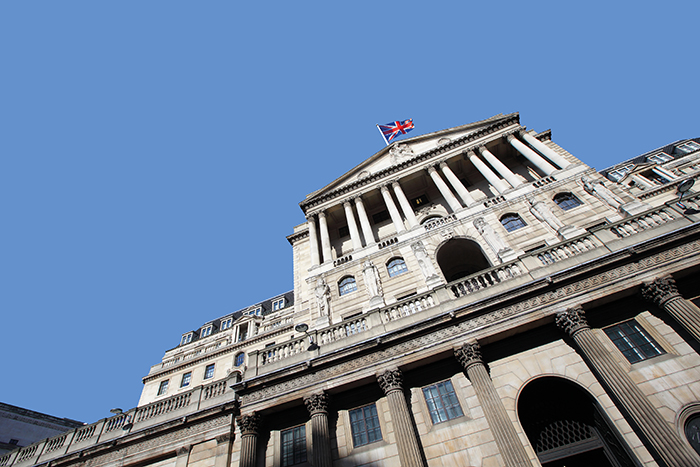
Food price inflation slowed to its lowest level in three years, leading traders to price in two base rate cuts before the end of the year, taking this as a sign of easing cost pressures across the UK economy.
Grocery price inflation was 1.6% in the four weeks to 7 July, compared to 2.1% in the previous four-week period, data from Kantar shows. This was its lowest level since September 2021.
The figures come ahead of a crucial rate decision by the Bank of England next month, as pressure mounts on the UK institution to follow the European Central Bank and cut the base rate.
Money markets are now pricing-in that the Bank of England will reduce borrowing costs two times before the end of 2024.
They are also betting there is a 51% chance that the UK central bank’s Monetary Policy Committee will announce its first interest rate cut in four years at its 1 August meeting.
The base rate has remained at a 16-year high of 5.25% since last August. The last time the base rate was cut was in March 2020.
New Chancellor Rachel Reeves said the BoE is “rightly independent,” but should consider a rate cut.
“Of course, I know that many people who have been struggling with higher mortgage rates after the Conservatives’ mini-Budget just under two years ago, would welcome some relief with lower mortgage costs,” said the Chancellor in comments to the Times on Monday.
Swati Dhingra, widely seen as the most dovish member of the MPC, also again called for a rate cut.
“I don’t see some kind of consumption boom,” she told The Rest is Money podcast this week.
Dhingra added: “Now is the time to start normalising so that we can then finally stop squeezing living standards the way we have been to try and get inflation down.”
Rate setters left rates on hold at their last meeting in June, but minutes from their discussions showed that it was a “finely balanced” decision. Policymakers who have previously voted against a rate cut have expressed concern and service price inflation and wage growth numbers at around 6%.
Last month, the ECB cut interest rates for the first time in five years by 0.25% to 3.75% — beating the BoE and the US Federal Reserve to ease borrowing costs in its region.



